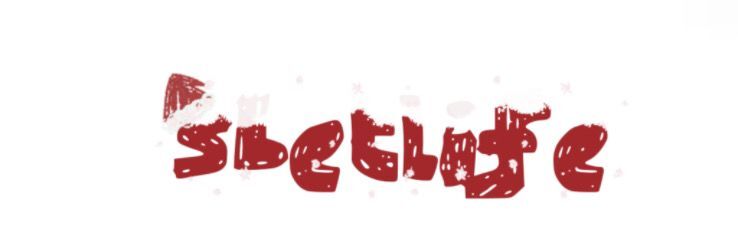GFS Tanks vs. Legacy Models: A Groundbreaking Comparison in DR Congo
GFS Tanks vs. Legacy Models: A Groundbreaking Comparison in DR Congo
The Democratic Republic of Congo (DRC) is a nation rich in resources but challenged by various socio-economic issues, including insecurity and outdated military equipment. One of the focal points of modern military upgrades is the comparison between the new GFS tanks and the legacy models that have served the DRC for decades. This article provides a thorough analysis and comparison of these two tank types, showcasing the implications for defense capability in the DRC.
Understanding the GFS Tanks
The GFS (Ground Force Support) tanks represent the latest advancements in military technology. Designed with state-of-the-art features, they promise enhanced operational efficiency and increased survivability on the battlefield. Key specifications of the GFS tanks include:
- Firepower: Equipped with a 125mm smoothbore gun, offering superior lethality.
- Armor: Composite materials providing multi-layered protection against modern anti-tank weapons.
- Mobility: Advanced mobility systems allowing for rapid deployment across diverse terrains.
- Technology: Integrated battlefield management systems for real-time data sharing.
Legacy Models: An Overview
The legacy tank models in the DRC, such as the T-54 and T-62, have been the backbone of the Congolese armed forces for many years. Their characteristics include:
- Firepower: Primarily equipped with a 100mm or 115mm gun, limiting engagement effectiveness.
- Armor: Basic steel armor that lacks modern enhancements to counter contemporary threats.
- Mobility: Limited off-road capabilities due to outdated engine technology.
- Technology: Minimal electronic systems, hampering coordination and intelligence operations.
Key Comparison Factors
To properly evaluate the GFS tanks versus legacy models, we examined several key factors that are crucial for the military effectiveness of DRC’s armored units.
1. Cost Analysis
The acquisition cost of GFS tanks is higher than legacy models, but the long-term operational savings, reliability, and reduced maintenance costs may offset initial expenditures. According to the military budget reports from last year, investing in GFS tanks could reduce operational costs by up to 30% over a decade.
2. Battlefield Effectiveness
Data from recent military exercises show that GFS tanks significantly outperform legacy models in terms of hit accuracy and survivability. In controlled conditions, GFS tanks achieved a hit rate of over 85% compared to only 55% for T-54 models.
Featured content:How is EPE Durable Packaging Beneficial?
How to choose the best EPE foam supplier?
How Can Conductive Adhesive Film Improve Device Performance?
Anti-Corrosive PE Stretch Film vs. Standard Stretch Film: Key Differences
How EPE Packaging Sleeves Transform Sustainable Shipping Practices?
3. Adaptation to Modern Warfare
Hand Stretch Film: 5 Essential Tips for Optimal Use
Maximize Protection with Machine Stretch Film Benefits
In modern warfare scenarios, adaptability is vital. GFS tanks are designed to incorporate future upgrades, making them suitable for evolving combat requirements, while legacy models are limited in this aspect.
Impacts on National Defense
The introduction of GFS tanks into the DRC's military arsenal could shift the balance of power within the region. With increased combat capabilities, the Congolese Armed Forces could effectively address internal and external security challenges, leading to improved stability in the nation.
Conclusion
The comparison between GFS tanks and legacy models highlights the necessity for modernization in the military infrastructure of the DRC. While the initial costs of upgrading to GFS tanks may be high, the long-term benefits justify this investment. As the DRC continues to reshape its security landscape, embracing modernization could lead to a more secure and resilient nation.
As new research emerges on this topic, sharing findings with relevant authors and publishers will be crucial to sparking dialogue and promoting awareness surrounding military advancements in the DRC and beyond.
Stay tuned for more updates on the military developments in the DRC as we continue to study the impact of these transformations.
For more GFS Tanks in DR Congo, GFS Tanks in Vietnam information, please contact us. We will provide professional answers.
Featured content:How Static Shielding Lined Bags Protect Electronics from ESD Damage
Why Choose Stretch Film for Palletizing Your Goods?
Why Choose Colored Stretch Film? Benefits & Best Uses Explained
Key Benefits of Stretch Film for Construction Sites
Why Are Sewage Lifting Devices Overlooked?
Is a Fully Automatic Food Waste Composting Machine Worth the Investment?
Essential Guide to Basement Sewer Lift Stations: FAQs & Solutions

Comments
0